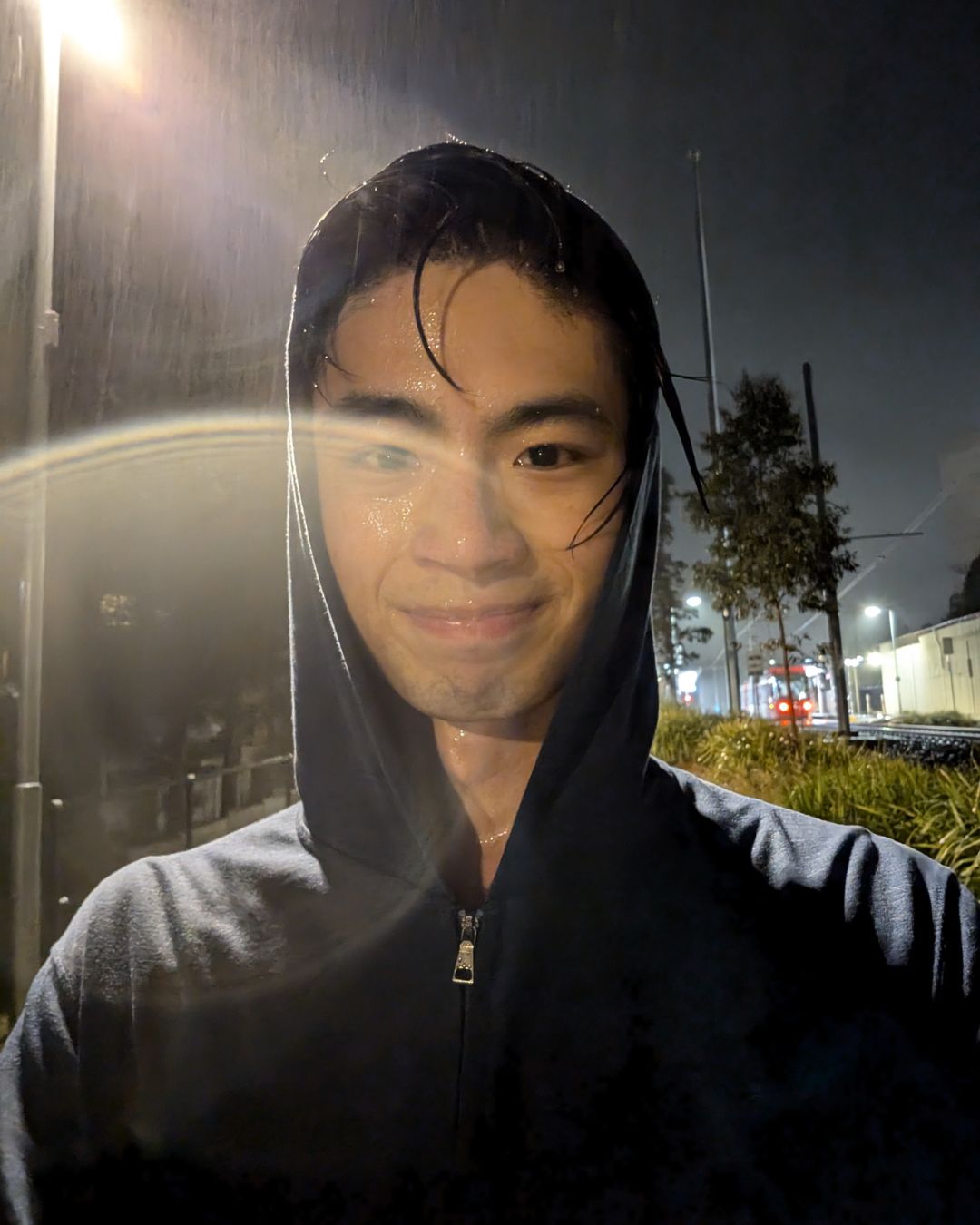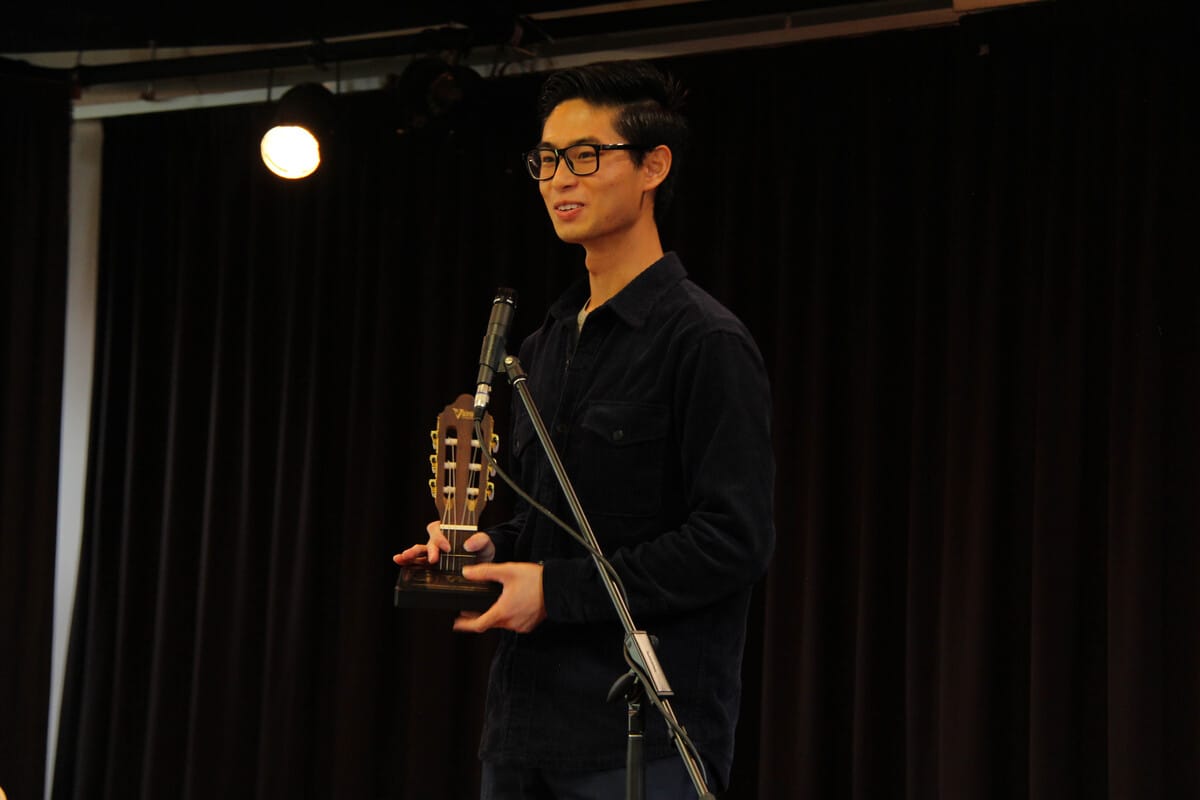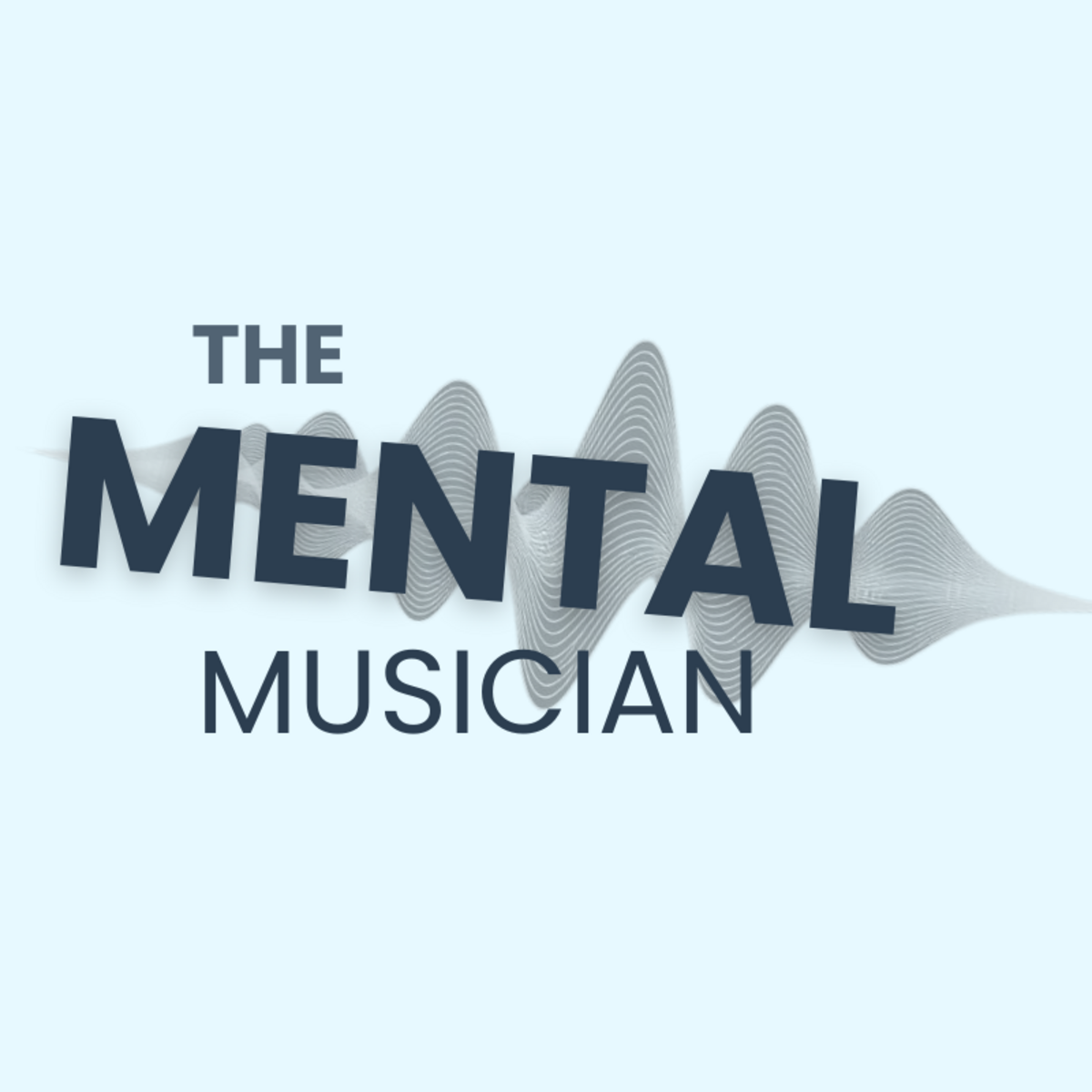One of my readers reader wrote to me recently about their struggles.
“I’ve been struggling to get back into the business side of music. I don’t want to start over, but I also know I need to restart my effort and improve from here,” she said.
She spoke about stalling, about discovering joy in gardening and sewing, and about the complicated push and pull between her love for music and the life she’s slowly building alongside it.
Her words stopped me in my tracks — because they reminded me of a time when I couldn’t imagine a life outside of music.
It made me ask myself this question:
“What if music isn’t enough anymore?”
I’ve been sitting with that question all week.
Because a year ago, I wrote a newsletter about my first experience with suicidal ideation, and how I found my reasons to keep living.
It was only the 10th newsletter I published for The Mental Musician, but 16 months later, it remains the most read piece I’ve ever written. If you’re new here, you can read it here.

Journaling was the only way I could properly ask myself what my reasons to live were
At the time, I wasn’t sure how personal I wanted to get. I thought I’d stick to commentary and practical advice for artists: how to build mental fitness, how to survive the industry. I didn’t know if I had it in me to open up about my story.
But in the month leading up to that newsletter, I started seriously contemplating the thought of ending my life.
It began with falling out of love with music. I told myself I’d find other things to keep me going. But the truth was: music was the only thing that made me feel like I mattered.
It gave me value. It gave me purpose. It gave me a way to offer something to the world.
When I taught a student how to play their first note, or when they nailed a song that once felt impossible, their joy became mine. Any teacher or musician knows that feeling.
I was welcomed into homes, offered dinner at 8 p.m. lessons, treated like part of the family.
But behind the music, there was pain.
As much as I dreamed of running the best guitar school in Sydney, performing at the Opera House, and writing songs that people connected with—what I really wanted was someone to ask me, “Are you okay?”
My depression didn’t start with music. It began much earlier.
The weight I carried before music
My mum has been sick my entire life. Lupus. A chronic autoimmune disease with no cure, only management. Sometimes it meant dry skin. Other times, it meant her lungs seizing up and her bones softening like butter.
Between 2013 and 2018, I spent more time in hospital wards than at school.
My dad ran three boutique furniture stores and was the sole income earner. I became the “second man of the house” by default. Grocery runs, chores, feeding my brother, making sure the house didn’t collapse.
When my classmates were studying in libraries or going to parties, I was learning how to be a caregiver.
When Mum came home, she was high on enough medication to run a pharmacy. She never meant to, but she’d lash out in her own depression. And I had no idea how to express mine. Any crack in the façade meant my dad would lose trust, my brother would think I didn’t care, and my mum would feel worse.
So I turned to the one thing I could control: music.
By 2019, I had 35 students. I was teaching, gigging, busking — out at 10 a.m., home at 10 p.m. I avoided home. I filled every hour.
And when I wasn’t teaching, I was with my girlfriend or best friend, laughing, gossiping, pretending everything was fine.

This photo was taken back in 2017 at the Canadian Guitar Festival, a time where I didn’t have to force a smile so much.
The spiral
By 2021, it looked like my life was finally on track. I’d moved out, gotten into the Sydney Conservatorium of Music for Jazz. I felt proud for the first time.
Then everything started to spin out.
I isolated myself from my girlfriend and friends. My relationship with my parents grew strained. My brother and I didn’t speak for two years.
I’d get home late, stay up until 3 a.m. with my thoughts spiralling.
Was I wrong to leave my family? Was I a disappointment for not staying to be the loyal son?
Music became my only lifeline. But it started glitching, like a scratched CD that would work better as a frisbee.
I forced smiles through lessons, stumbled through classes, watched the calm music once gave me evaporate.
And when that went, so did my will to live.
The breaking point
By June 2024, I had perfected the performance of “I’m fine.”
Picking up the guitar reminded me of what I’d lost. I pushed away the people who loved me most.
It’s like eating a tub of ice cream. At first, it’s comforting. Halfway through, you’re powering through brain freezes. By the end, you’re sick, wondering why you ever thought this was a good idea.
That’s how I felt about music.
Burnout, COVID cancellations, teaching 40 students on Zoom, financial strain. Three hours of sleep. Mild heart problems. Two seizures.
Music had saved me for a decade. By 2024, it was slowly killing me.
This is when I wrote that newsletter. My last attempt to find something worth living for.
And I did. But it wasn’t music.

It was at this time where I’d run at nights, even if it was pouring rain at 11pm. I simply wanted to run away from my life, figuratively and literally.
Looking back, I wish it hadn’t taken getting to the brink to realise what else my life held.
I realised there were things more important than music that gave me purpose.
My friends. My family. The people I’d pushed away for years.
I love music deeply. It’s given me a livelihood, a community, a way to express myself. But it was never meant to be my saviour.
This is where Kurt Vonnegut’s words come in. He once wrote about how art doesn’t give us the reason to live, it supports the reason. Art is how we hold ourselves up while we figure out why we want to keep going.
For years, I confused the two. I made music the reason. And when it cracked, so did I.
Now, music is a part of my life—not the definition of it.

This is my reason to live
A life alongside your art
Every artist I know is also a partner, parent, sibling, gardener, writer, runner, engineer.
We check in on each other. We start conversations with “Are you okay?” We jam on songs that remind us of the world beyond music.
That’s what gives us hope. That’s what keeps us alive.
So to the reader who asked me, “What if music isn’t enough anymore?” — this is my response.
And to everyone else reading this:
👉 Is music causing you pain right now?
👉 Is hustling for gigs and streams burning you out?
👉 Is it pulling you away from other parts of your life that need you?
If so, that’s okay. Truly.
You’re allowed to have a life that exists alongside your music. The music won’t go anywhere. And when you return to it, it might even mean more.
Because music is beautiful. But it’s not the whole story. You are.

Thank you for taking 10 minutes to read today’s newsletter. It means a lot.
If you’re a long time reader and my newsletter has helped you in your mental health/music journey, please consider upgrading your subscription which costs less than two coffees.
If you decide to upgrade, you’ll get an exclusive first look at the full drafts where your input, questions and feedback will shape the final outcome of each newsletter.
You’ll get also get access to audio versions of each newsletter, done by me, not an AI bot, and special video podcasts where I have conversations with fellow musicians and friends about their mental health challenges as musicians.
Here’s a sneak peak at what you get, with one of my audio newsletters from earlier this year.
But even if you’re a free subscriber, you’re already supporting me, and I’m grateful for that.
So I’d love for you to forward it to a friend or fellow musician who might find comfort in it. The bigger our community, the more we can help artists around the world share their mental health stories and feel less alone.
📹 You can also check out my latest YouTube video where I talk about why it is so hard to understand what depression is for those don’t have it. This one is my first “vlog narration” video, so I’d love to know what you think!
🎗️And if you want something to help with your rebuild.
I created the Burnout to Breakthrough Mental Health Journal for Musicians like you — your personal mental health companion designed to help you reflect, reset, and rebuild your creative life without falling apart in the process.

Inside, you’ll find:
✅ A 3-part strategy to rebuild your energy, reset your mindset, and redefine success
✅ A fully interactive Notion journal to help you stay grounded and focused
✅ Daily, weekly, and monthly check-ins to track your wellbeing and goals
✅ A simple system you can return to anytime you feel lost, overwhelmed, or burnt out
This journal is a reminder:
you don’t have to keep burning just to keep going.
I’ve also dropped the price down from $27 to $14.99 for the month of October.
I hope this helps you.
The Game is Changing
The internet was supposed to make it easier to build and connect. Somewhere along the way, we lost the plot.
beehiiv is changing that once and for all.
On November 13, they’re unveiling what’s next at their first-ever Winter Release Event. For the people shaping the future of content, community, and media, this is an event you can’t miss.




